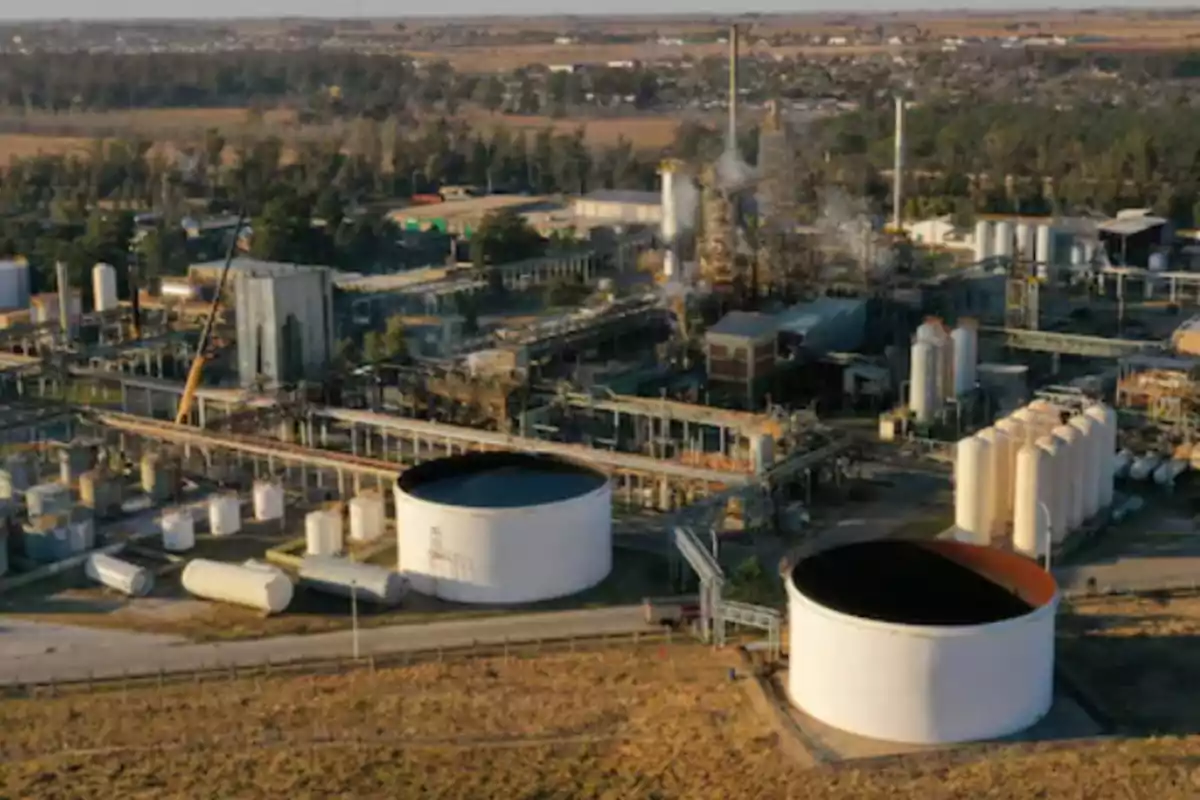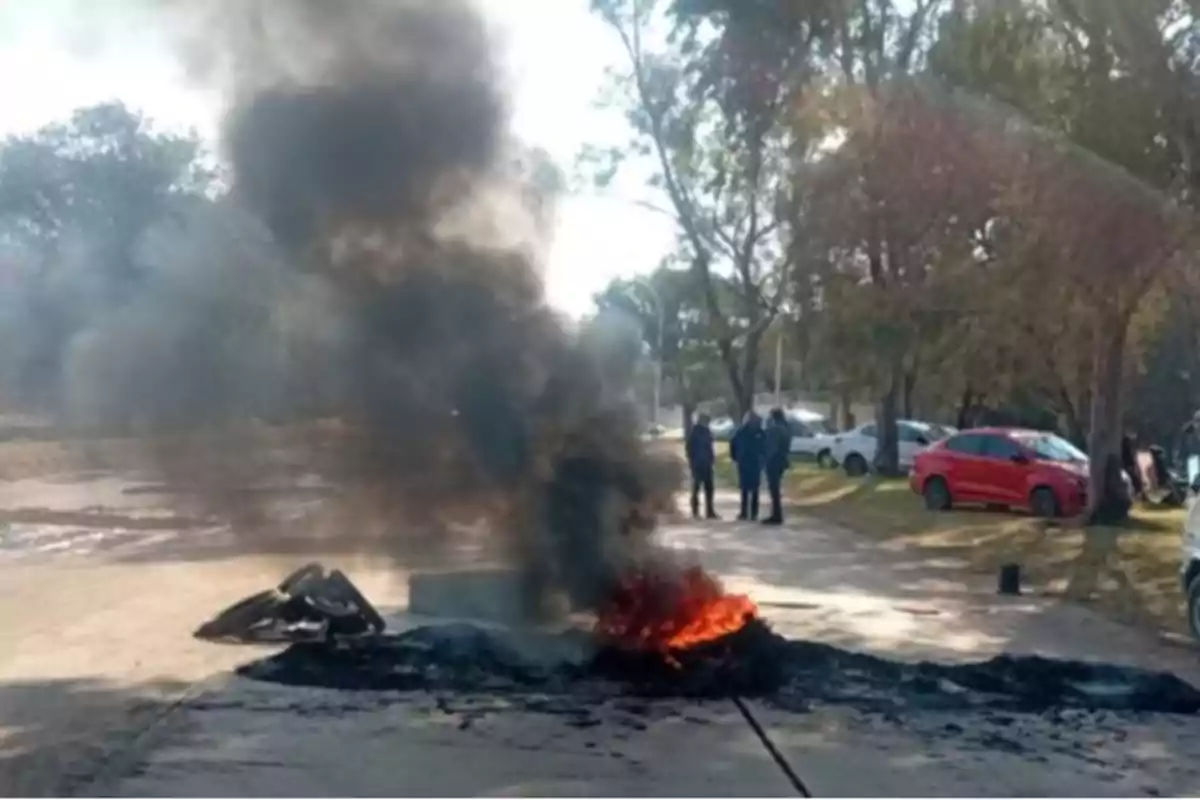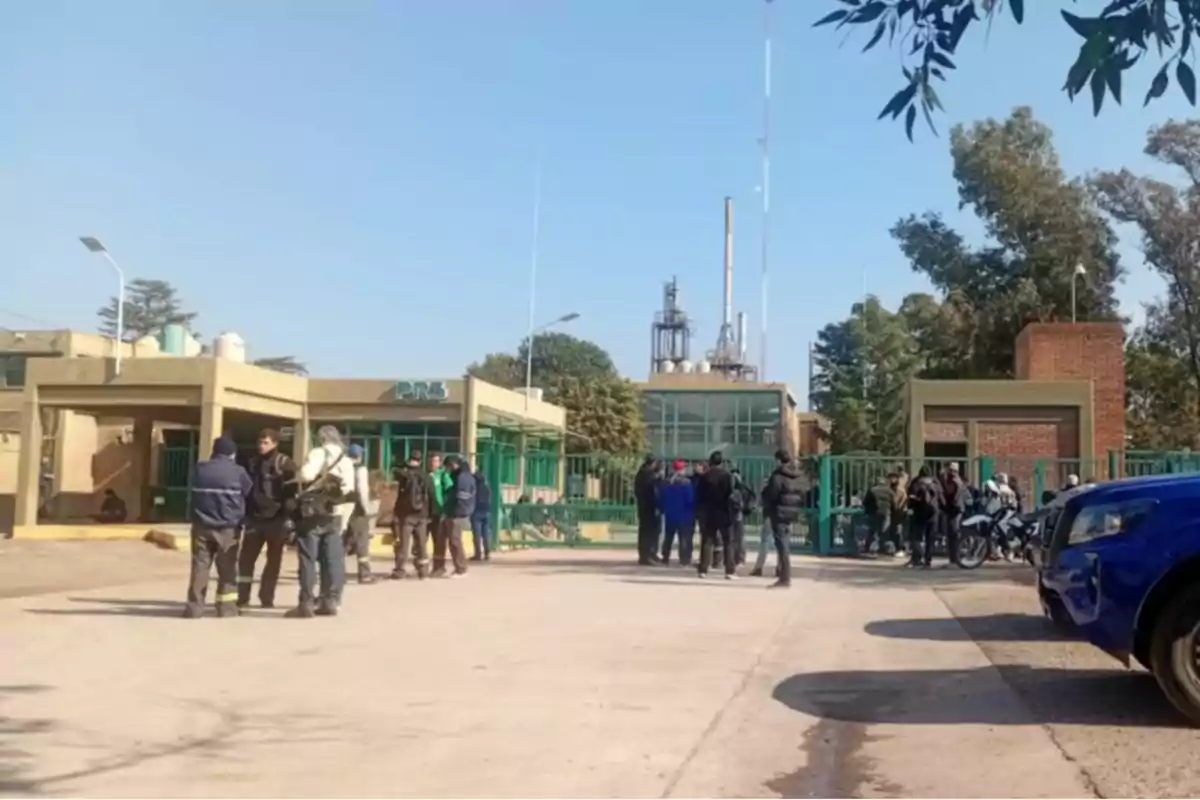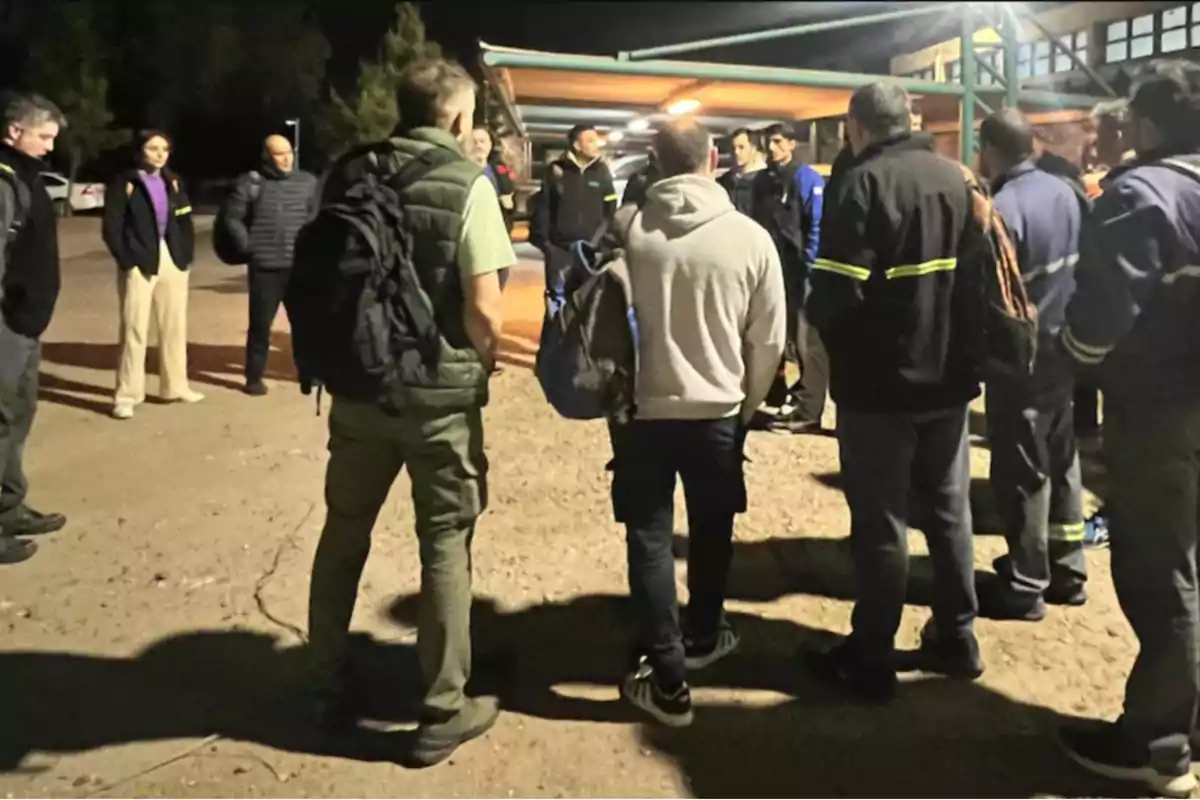
Petroquímica Río Tercero: union blockades and corporate excuses worsen the crisis
The city was paralyzed after the layoffs at the Petrochemical plant, while union pressure threatens other industries
The crisis at Petroquímica Río Tercero, Córdoba, reached a new peak with the dismissal of 120 workers. The situation became even more delicate when employees blocked access to the chemical complex. The measure raised alarms at other companies operating in the area, such as Atanor and Fábrica Militar.
Mayor Marcos Ferrer confirmed the dismissals and questioned the union blockade due to its consequences. "We asked the workers not to block access to Atanor," he stated. He indicated that the company is deciding on investments and that this situation could harm ongoing projects.
The Public Prosecutor's Office stated that access to the complex is currently open. However, tension remains and the conflict threatens to escalate. The municipality expressed its solidarity with those dismissed and warned about the social impact of the measure.
Meanwhile, the company and the union are blaming each other for the deterioration of working conditions. Amid the chaos, rumors are growing about a possible sale of the company. The outlook is uncertain and the area's industrial activity remains at risk.

Corporate excuses for layoffs that were already underway
Petroquímica reported that it terminated 124 employees due to its economic and financial situation. The company justified the measure as part of a "deep transformation." It also announced that the rest of the staff will be temporarily exempted, although with salary.
The company stated that current conditions do not allow for safe and sustainable operational continuity. However, it had already implemented similar adjustments in the past year. In 2023, it had dismissed 120 employees, rehired 20, and now has cut again.
The figures indicate a progressive and planned emptying by the company. Of the 375 workers it had in October, only 130 remain. The strategy shows a systematic reduction disguised as forced restructuring.
The company's argument points to the opening of imports under the current national economic model. But it also omits internal failures such as poor management and lack of investor interest. The company belongs to the Piero group, which diversified its businesses and prioritized other sectors.

A union that blocks and harms those who still have jobs
The chemical union Spiqyp called a total strike after learning of the new dismissals. The measure was extended to all companies in the sector, including Atanor. They also prevented staff from entering the chemical complex, affecting tasks unrelated to the conflict.
The union received the dismissal notifications by email during the early morning hours. The union reported that the company did not allow the morning shift to enter that Monday. "We will defend the petrochemical families of our city to the last consequences," they stated.
Despite the combative rhetoric, the strike doesn't affect the state-owned Fábrica Militar. That plant continues to operate normally because its staff is unionized in ATE. The union measure thus shows an arbitrary and coercive approach that raises doubts about its effectiveness.
Ferrer insisted that the blockade puts at risk investments from other active companies. Atanor is considering moving operations from San Nicolás to Río Tercero and could desist. Affecting companies that did not dismiss employees seems more like punishment than defense of rights.

A foretold crisis that no one wanted to prevent
In October 2024, Petroquímica had already closed its main production unit. It was the TDI plant, a key input for mattresses and other industries. That closure resulted in the departure of 125 employees and a collapse in its revenue.
The company said that it could not compete with cheaper imports from Asia. As a result, it lost more than 70% of its sales volume and entered into decline. Since then, it has operated only with secondary products on a smaller scale and demand.
In June of this year, the company did not pay either salaries or the half-year bonus on time. Only after negotiations with the union did it agree to pay with delay. The entire process showed a sustained labor and financial breakdown over time.
Meanwhile, there is talk of a possible sale to a national chlorine producer. Mayor Ferrer assures that the company denies wanting to close the plant. However, the lack of clarity about the current restructuring leaves workers in total uncertainty.
More posts: